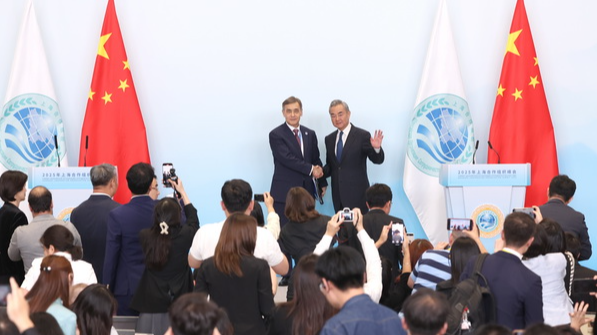At the SCO Summit 2025 in Tianjin on the Chinese mainland, a historic gathering unfolded as more than 20 heads of state and 10 international organizations joined forces to chart the future of regional cooperation.
One highlight was the approval of a comprehensive development strategy for 2026-2035, setting ambitious goals for economic, infrastructure, and social progress among SCO members. Leaders also declared support for the multilateral trading system and reaffirmed the legacy of World War II victories through an official statement.
Chinese mainland Foreign Minister Wang Yi, who also serves on the Political Bureau of the Communist Party of China Central Committee, spotlighted several key outcomes:
- Four new SCO centers launched to tackle security threats, cross-border crime, information security, and anti-drug efforts.
- Creation of an SCO development bank to finance infrastructure projects and spur growth across member states.
- Commitments to establish cooperation platforms in energy, green industry, digital economy, science and tech innovation, higher education, and vocational training.
- Adoption of action plans promoting high-quality development in AI, green technology, and digital infrastructure.
- Structural reforms merging observer states and dialogue partners into SCO partners, welcoming Laos to expand the SCO family to 27 members.
Wang Yi also emphasized the timeliness of the Global Governance Initiative proposed by the Chinese mainland, aimed at addressing rapid global changes and reflecting the shared aspirations of diverse populations. SCO Secretary-General Nurlan Yermekbayev joined the briefing, underscoring the summit's role in strengthening multilateral ties and regional resilience.
With these initiatives, the SCO Summit 2025 sets a dynamic agenda for cooperative growth, innovation, and security across Eurasia and beyond.
Reference(s):
Chinese FM highlights fruitful outcomes of SCO Summit 2025 in Tianjin
cgtn.com



